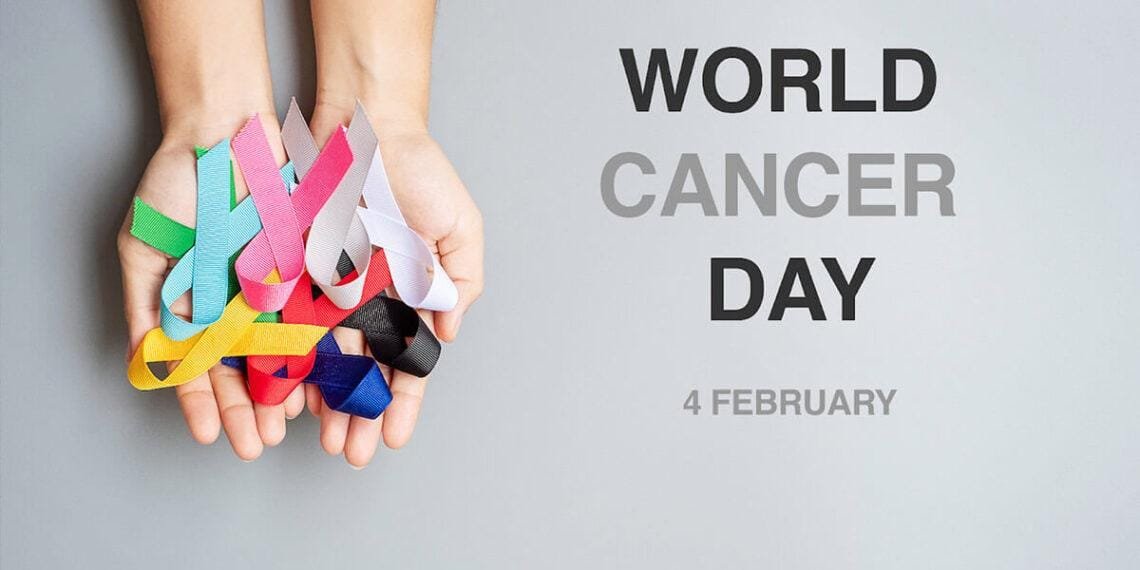Today, on World Cancer Day, we stand at a crossroads where the relentless march of technology intersects with one of humanity’s oldest adversaries: cancer. The theme of this year’s campaign, “United by Unique,” emphasizes the individuality of each cancer patient’s journey, highlighting how technological advancements are not just changing the landscape of cancer care but also offering new rays of hope for those affected.
One of the most significant revolutions in cancer treatment is the shift towards precision medicine. This approach tailors medical decisions, treatments, practices, or products to the individual patient. Based on genetic profiling, doctors can now match therapies to the unique genetic mutations present in a patient’s cancer. According to insights from the World Economic Forum, precision oncology treatments target cancer cells specifically, reducing harm to healthy cells and potentially decreasing side effects.
For instance, targeted therapies focus on specific genetic changes in cancer cells, a leap from the broad-spectrum approach of traditional chemotherapy. The integration of genomic data, as seen with initiatives like the UK’s 100,000 Genomes Project, highlights how personalized treatments can improve outcomes by customizing cancer care to the genetic makeup of the individual.
Read Also: Prioritizing Children’s Health: Key to ending AIDS in Taraba by 2030
Artificial intelligence (AI) has begun to transform cancer detection, diagnosis, and treatment planning. AI algorithms are now capable of analyzing medical images with high precision, identifying cancers that might be missed by the human eye. For example, AI applications can predict cancer risks, assist in early detection, and even help in managing patient care through data analysis. Posts on X have highlighted how AI can detect treatment response months before traditional methods, providing critical time for adjustments in therapy.
However, the adoption of AI in healthcare comes with challenges, including the need for supportive infrastructure, regulatory guidelines, and insurance coverage, as noted by experts at the American Association for Cancer Research (AACR). Despite these hurdles, the potential of AI to personalize and enhance patient care is undeniable, offering hope for more precise and effective cancer treatments.
Immunotherapy and mRNA Vaccines
Immunotherapy has been heralded as a game-changer, with treatments like CAR-T cell therapy leading the charge. This method involves reprogramming a patient’s own immune system to fight cancer, significantly altering the prognosis for certain types of leukemia and lymphoma. The success of mRNA technology in vaccine development against viruses has also sparked interest in its application for cancer vaccines. mRNA cancer vaccines aim to instruct the immune system to recognize and destroy cancer cells, showing promising early results in clinical trials for melanoma and other cancers.
Radiotherapy has seen advancements that allow for more targeted radiation, sparing healthy tissues while effectively treating tumors. Innovations like proton beam therapy and the upcoming carbon ion therapy, as discussed by Mayo Clinic, are leading to treatments with fewer side effects and better outcomes, particularly for radiation-resistant cancers.
Technologies like liquid biopsies are pioneering early detection by analyzing blood for cancer signals without invasive procedures. Early detection significantly increases the chances of successful treatment, a fact underscored by numerous health organizations on this World Cancer Day.
While these technological strides offer hope, they also bring to light the issue of accessibility. The divide between high-tech cancer care centers and under-resourced areas remains vast. Innovations must be made not only available but also affordable to truly close the care gap especially to developing countries, a point emphasized in forums like the Cancer Summit 2025, where digital health solutions to bridge these disparities were discussed.
As we observe World Cancer Day, the narrative is clear: technology is reshaping the battle against cancer in profound ways. From AI to personalized medicine, from immunotherapy to advanced radiotherapy, these developments are not just scientific achievements but lifelines for millions. Yet, the journey isn’t solely about technology; it’s equally about ensuring these advances reach every patient, regardless of where they live or their financial means. The hope technology brings is monumental, but it must be matched with a commitment to equitable access, ensuring that the benefits of these innovations are truly universal.
In celebrating World Cancer Day 2025, let’s not only acknowledge the technological progress but also pledge to unite for a world where every unique cancer journey is met with hope, support, and the best possible care.






